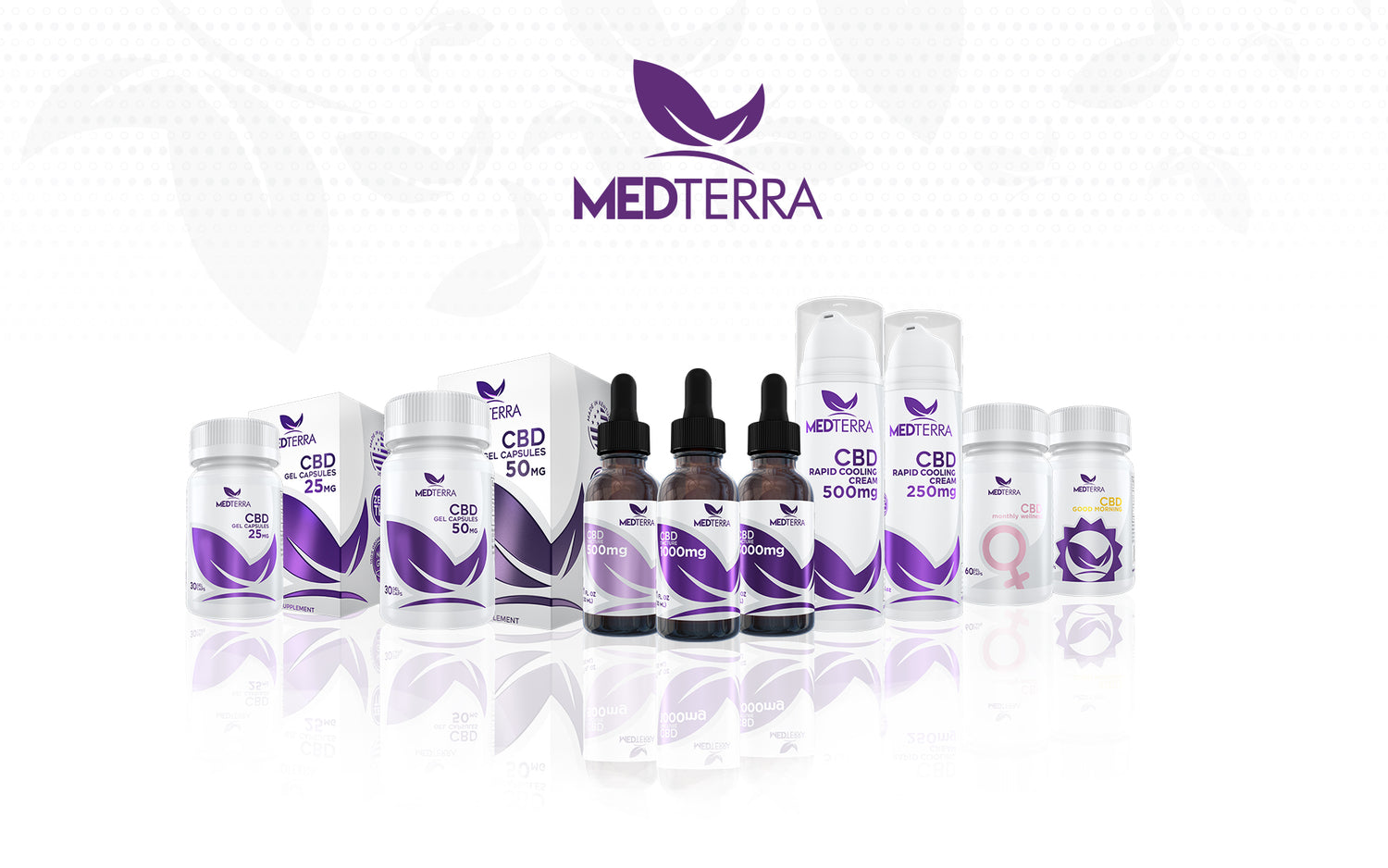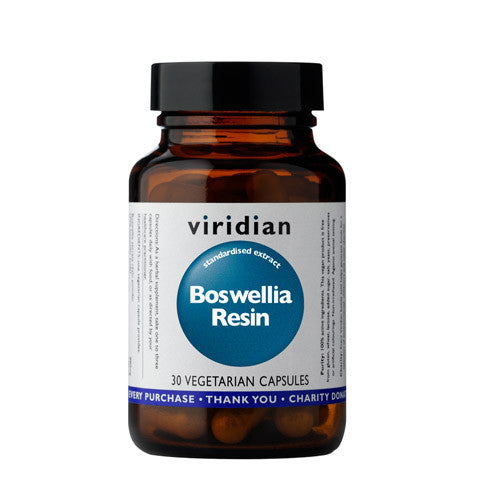Your gut and you
Your digestive system starts at the mouth and ends at the rectum from where we expel waste. Along the way there are some 100 trillion bacteria – and the overwhelming majority of these can be found in the large intestine (colon).

It's here that some bacteria perform a range of vital functions. This might seem strange since we generally consider bacteria to be harmful and disease-causing. While this is true for some bacteria like Salmonella, a frequent cause of food poisoning, it certainly isn't true for many of the other bacterial species that live in your intestines.
Two types of bacteria in particular have been identified as important to human wellbeing: Lactobacilli and Bifidobacteria.1
Beneficial bacteria and the gut
Without these beneficial or 'good' bacteria, we simply couldn't function properly. Not only do these bacteria play an essential role in the digestion of food, extracting energy from undigested carbohydrates, they also help support our immune system and prevent harmful bacteria from colonising the intestines.
Bacteria in the colon are usually maintained in a delicate balance. However, when this balance is upset – perhaps through the use of antibiotics, illness or even through the effects of stress – digestive discomfort can result, including constipation, bloating and flatulence. It is therefore important to maintain a healthy balance of gut bacteria.
Keeping a healthy balance
In much the same way that some antibiotic drugs can negatively alter the delicate balance in the gut by killing bacteria, a growing body of scientific evidence is showing that 'good' bacteria, when consumed in adequate amounts, can have the opposite effect: helping to maintain the balance of the gut's natural bacteria.
'Good' bacteria can be consumed in the form of probiotic dietary supplements or probiotic foods. Today, there are literally hundreds of probiotic products available to purchase. But it's important to recognise that not all probiotics are the same.
Not all probiotics are the same
When choosing a probiotic to favourably alter the balance of gut bacteria, there are two important considerations:
- Does the probiotic contain sufficiently high concentrations of bacteria to make a difference?
- Does the probiotic contain bacteria that are able to survive the journey to the colon through the hostile acidic environment of the stomach?
All probiotics need to be taken regularly, since probiotic bacteria do not permanently colonise the gut.






